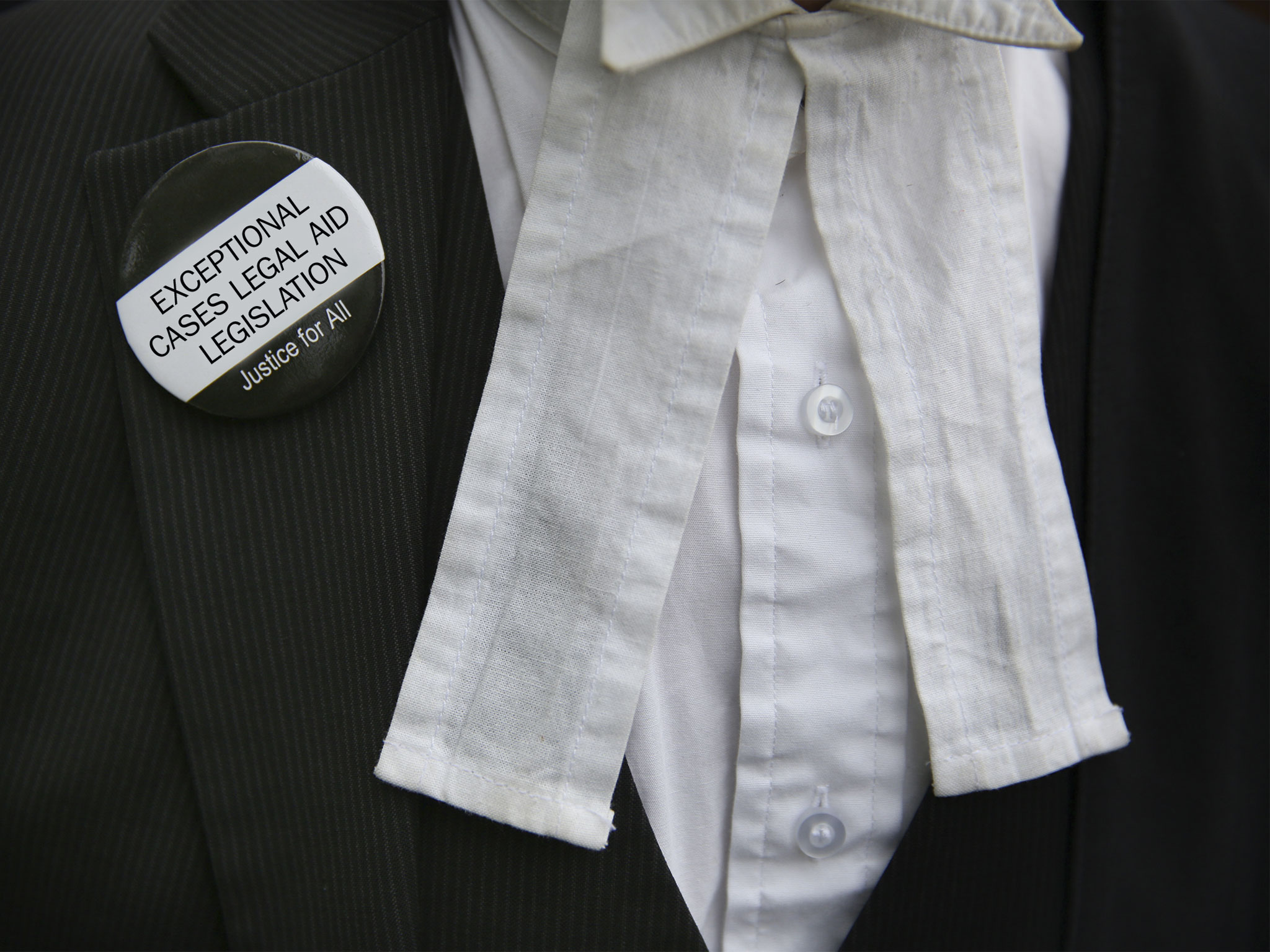
David Burrows questions if the exceptional cases legal aid legislation is being properly applied
In JG v Lord Chancellor and ors [2014] EWCA Civ 656, [2014] All ER (D) 192 (May), the Court of Appeal allowed an appeal from a refusal of legal aid to a child by Legal Services Commission (LSC) (now the Legal Aid Agency (LAA)). Black LJ considered obiter the meaning of “exceptional case determinations” (EDC), in the Legal Aid, Sentencing and Punishment of Offenders Act 2012 (LASPO), s 10, and certain of the human rights aspects of the scheme.
Lawfulness of ECD guidance
In Lord Chancellor’s exceptional funding guidance (non-inquests) (February 2014) LAA decision-makers are provided with guidance as to how to deal with ECDs. This article asks whether this guidance is lawful in the light of the statutory provision for ECDs, of this country’s duties under the European Convention 1950 and of the case law above, especially in the family law field. In the first nine months of operation of LASPO, eight out of









